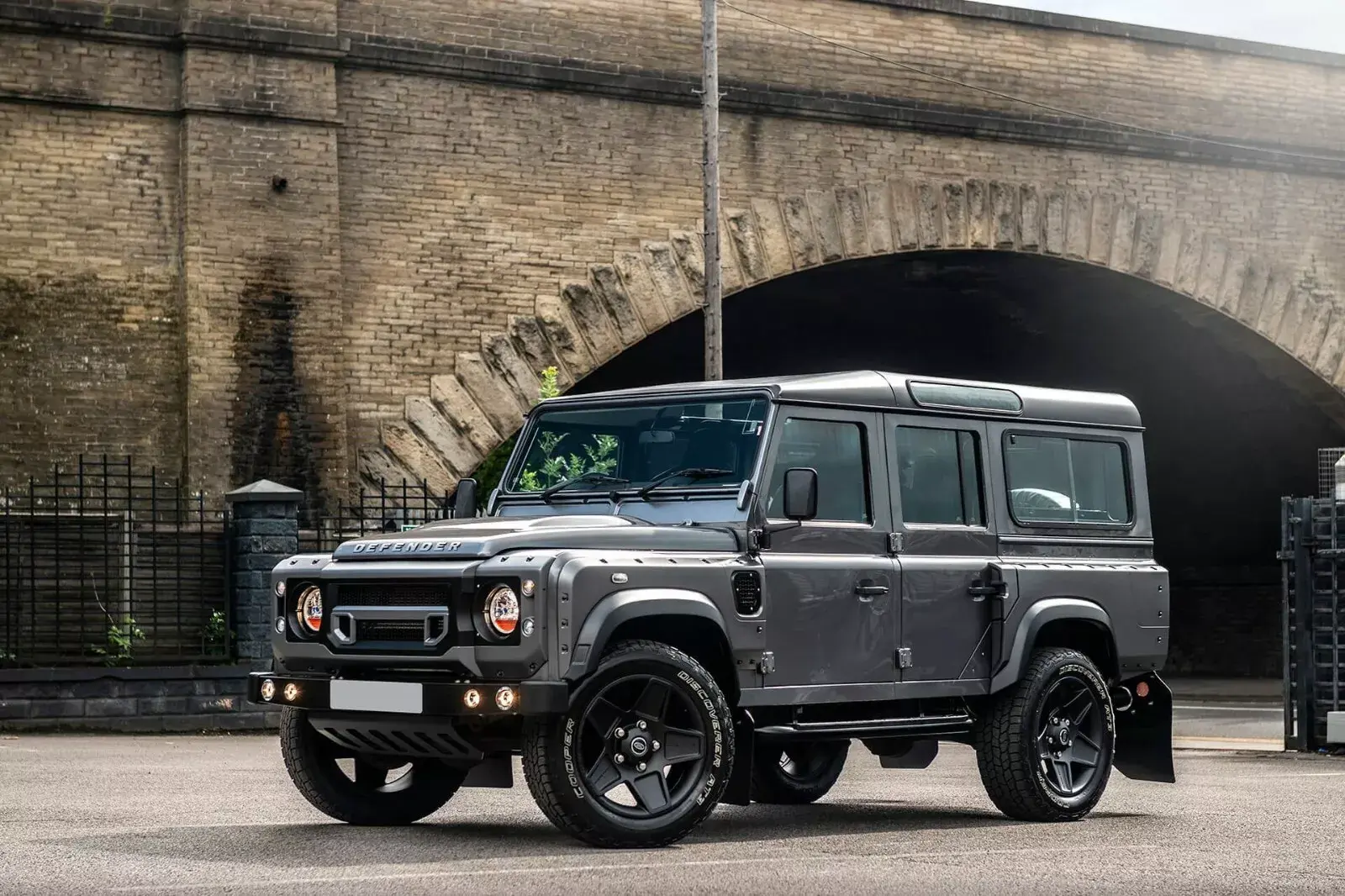For many of us, reaching 70 is a milestone that brings more freedom, not less. It's a time for...
If you weren’t the original owner of your classic Defender, how can you then learn the full story of the car - such as its origins, details of the production process, and the key dates involved in its life? Well, this is where a heritage certificate comes into play. If you haven’t heard about these documents, read on and we’ll tell you all you need to know - including why you might like to consider getting one for your Defender.
What is a heritage certificate?
A heritage certificate, sometimes known as a heritage trust certificate (or, amusingly, a birth certificate) is an official document that provides detailed information about your car as it was when it first left the factory. They are issued by heritage trusts or archives affiliated with the original manufacturer - in this case, the British Motor Industry Heritage Trust (BMIHT) provides certificates for Land Rover. You might also want to contact Land Rover themselves if the Trust can’t help you.
These 'certified copy' certificates typically include:
- The original build information, with details such as the car’s chassis number, engine number, and body number
- The production date that your vehicle was built
- The original colour scheme, in terms of the original paint colour and interior trim details.
- The first owner and dealer information
- Details on any factory-fitted equipment, such as optional extras or specifications that were included when the car was built.
 An example of a heritage certificate
An example of a heritage certificate
Why might you consider getting a heritage certificate?
Well, there are several reasons why you might consider obtaining one for your classic Defender.
Firstly, because of provenance and authenticity. A heritage certificate confirms the authenticity of your vehicle, and verifies that the car you own is exactly what it claims to be - right down to the paint colour and engine. This is particularly important if you plan to show or sell the vehicle, as potential buyers and judges often look for this level of detail.
Secondly, it’s about restoration and preservation. If you’re in the process of restoring a classic car, a heritage certificate can be invaluable. It provides the original specifications, allowing you to return the car to its factory condition as accurately as possible. This not only enhances the car’s historical value but obviously can increase its market value, too. Cars with a verified history tend to be more valuable than those without. A heritage certificate acts as a pedigree document, reassuring buyers of the car’s origins and making it more attractive on the market.
Thirdly, having one can help you when applying for tax exemption or an age-related registration mark, or importing/exporting your Defender.
Finally, for many classic Defender owners, there’s a deep sense of satisfaction in knowing the full history of their vehicle. A heritage certificate adds another layer to your connection with the car, giving a glimpse into its past and the journey it’s taken to finally become yours.

Ok, but is it essential, though?
While a heritage certificate offers numerous benefits, it’s not essential for every classic Defender owner. Whether you should get one depends on a few key factors. If your car is primarily a weekend driver or a personal project, you might not feel the need to obtain a certificate. However, if you plan to enter your car into shows, or sell it in the future, having documented provenance could prove to be very useful.
If your goal is to restore your Defender to its original factory condition, a heritage certificate is probably recommended as it will likely help to ensure that your restoration is accurate and faithful to the car’s original design.
There’s definitely an emotional value attached to a heritage certificate, however. While the financial and historical benefits of a heritage certificate are clear, many classic car owners find that the emotional value is just as significant. There’s something deeply satisfying about knowing the exact day your Defender rolled off the production line, the original colour it was painted, and the first destination it travelled to. It’s like having a birth certificate for your car, connecting you to its origins and to the people who built it.
They are relatively low cost to obtain - for the current price of £48 plus postage, you can own a ‘certified copy of a factory record’, if covered, from the BMIHT as an example.

How can I get one?
If you’ve decided that a heritage certificate is right for you, the process of obtaining one is usually straightforward.
The first step is to contact the British Motor Industry Heritage Trust (BMIHT) via www.britishmotormusuem.co.uk.
Before applying, you’ll need to find out certain details about your car. This typically includes the chassis number, engine number, and any other identifying features that can help locate the original factory records. It’s worth checking your Defender’s V5 or any documentation you have to ensure the information you provide is accurate.
This heritage trust has an online application process where you can submit your details and pay a fee. Once your application is processed, you’ll receive your heritage certificate, usually within a few weeks. They may also be able to offer additional documents, such as a production record trace or a detailed specification sheet.
While not every classic Defender owner will feel the need to obtain one - and not all requests are actually able to be carried out (for example, if the details have been lost) - those who do often find that it enhances both their knowledge and experience as an owner, and sometimes, the vehicle’s market value. Remember that classic Defender ownership, in terms of preserving both the car and its value, goes beyond just obtaining a piece of paper, though - regular maintenance, care, and correct storage are so important for its longevity.








